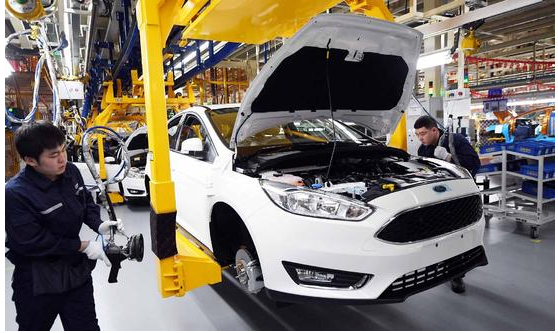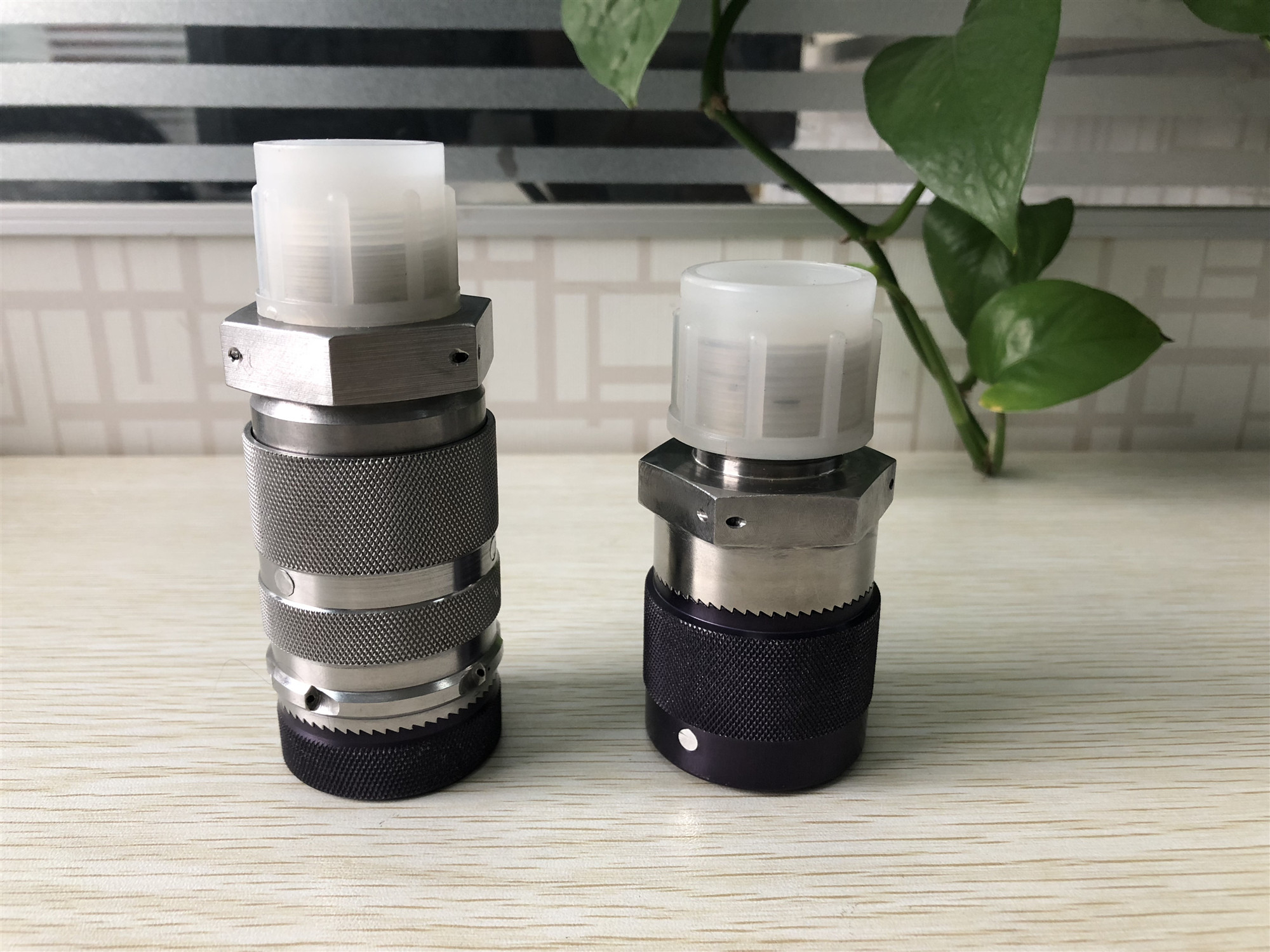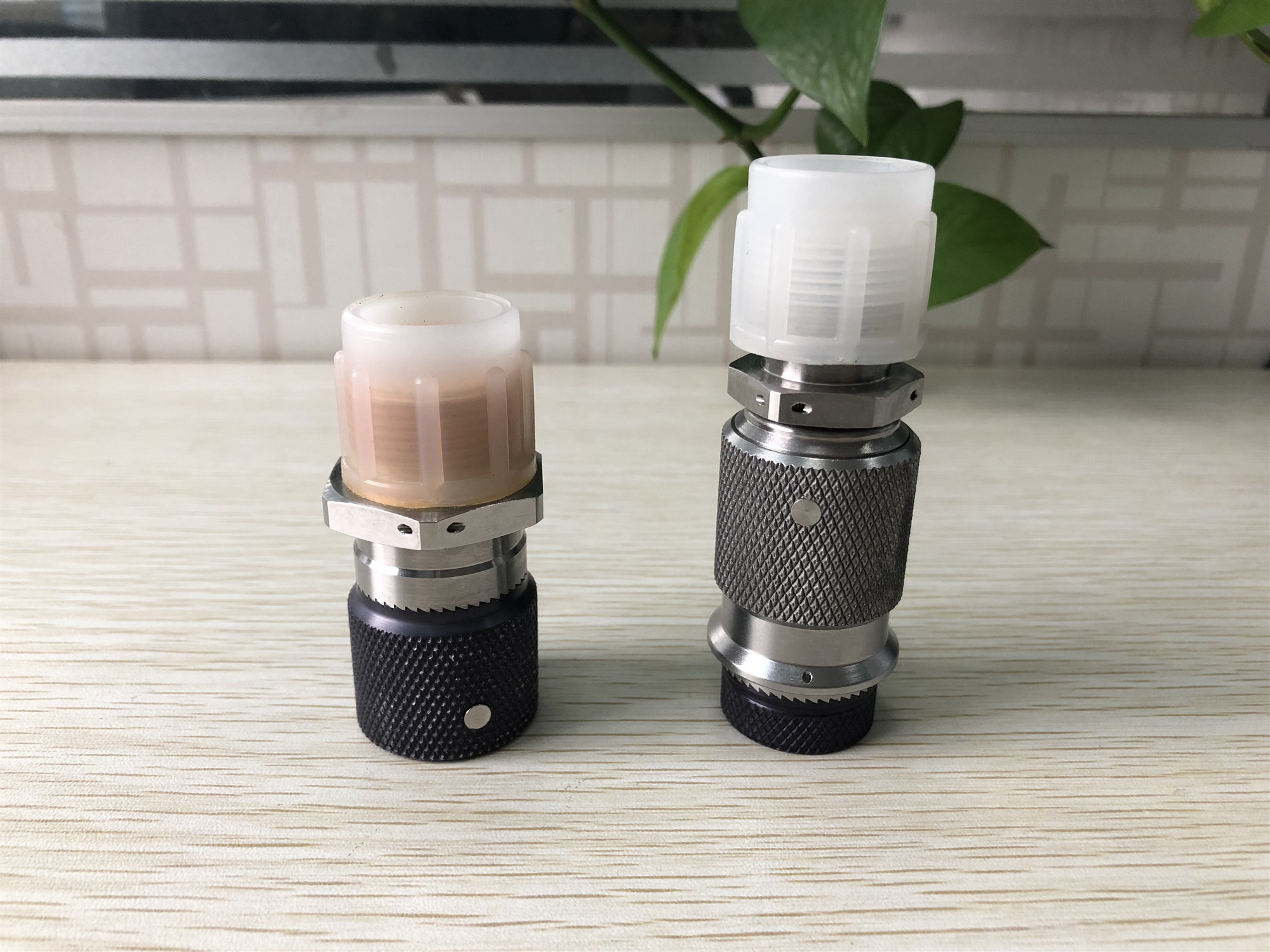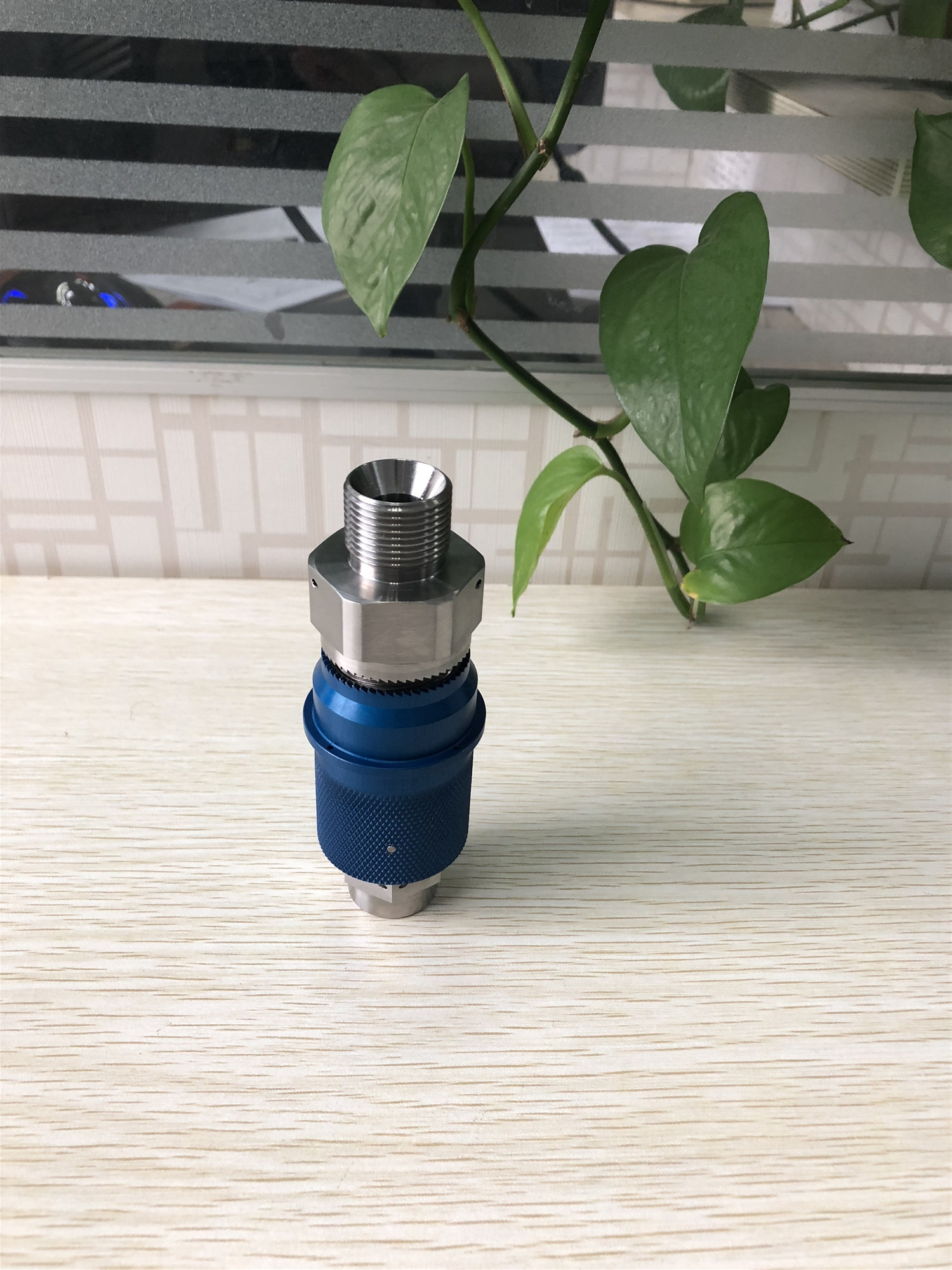According to the "European Auto News" report, as Chinese autos further relax restrictions on investment by foreign auto companies, foreign auto companies have welcomed new Chinese policies. Volkswagen, BMW and Daimler Group are expected to further profit, but foreign companies will also face new ones. The question is how to deal with China's joint venture partners when they have the ability to "go it alone." On April 17th, the National Development and Reform Commission of China announced that in 2018, the ratio of foreign-invested shares of special vehicles and new energy vehicles will be abolished; the ratio of foreign-invested shares of commercial vehicles will be removed in 2020, and the foreign-invested-to-equity ratio of passenger cars will be removed in 2022. Cancellation of no more than two joint ventures. Through the 5-year transition period, the auto industry will cancel all restrictions. This move by China will help resolve the crisis in the trade war between China and the United States. From Daimler Group, BMW to General Motors, from Toyota to Ford Motor will all find it easier to do business in China in the future. The Chinese automakers will face greater pressure and have to accelerate the creation of their own brand. At present, China has gradually increased its financial and automotive sectors. Zhang Yu, general manager of Automotive Foresight, a Shanghai-based industry consulting firm, said: “In the next 10 years, foreign car companies will gradually move toward independence, while Chinese cars will lose the profits from joint ventures. Of course they will be happy because they do not have to share half of their profits with their Chinese partners." Carefully welcome After China released a restriction on the relaxation of foreign-invested car companies, German car companies’ stocks have risen, reversing the previous downward trend. The Chinese market accounts for about half of the Volkswagen brand's global sales, and China is also the most important buyer of the Mercedes, Audi and BMW brands. Carmakers in Germany and the United States welcomed China's relaxation of restrictions and repeatedly stated that they will not give up their respective Chinese partners. Volkswagen said it will study whether the latest moves in China will bring new options, but the company's joint venture will not be affected. BMW has a considerable share of the trade between China and the United States because BMW is the largest automaker that the United States exports to China. BMW welcomes China’s latest move. In an announcement, BMW wrote: “We believe that a more open and more flexible business environment will benefit Chinese, foreign-invested companies in China and the Chinese economy. BMW will continue to seek mutual benefits and win-win results with local partners in China. The solution to the problem,†said BMW, will continue to be committed to China’s joint venture projects, and is also further discussing new cooperation framework with Great Wall Motor to facilitate Mini’s production in China. Daimler Group expressed that it is very satisfied with China's current business model setting and the company will pay close attention to the further development of the Chinese government's regulatory measures. General Motors stated that its success in the Chinese market is due to its Chinese partners and will continue to maintain good cooperation with its partners in the future. IHS Markit analyst James Chao said that for any direct impact of the new policy, traditional car manufacturers need to wait longer, and if they abandon their joint venture partners, foreign car companies will face more risks than opportunities. “Foreign auto makers are now facing a dilemma in China. The current joint venture model has actually been fruitful. They may not want to change this model. However, in terms of improving profitability, gaining more equity will have more advantages. Perhaps, Foreign car makers have become very dependent on their Chinese partners so they can't cut off the relationship between the two,†the analyst said. China’s new policy is undoubtedly a great benefit to Tesla. Even though it has been negotiating with the Shanghai Municipal Government for a year, Musk has not yet reached any agreement to build a factory in China. As early as February, insiders pointed out that both parties have objections to the ownership of the company. If Tesla can build a factory in China, Tesla will avoid high import tariffs. Joint venture or stand alone? Then, after the New Deal, enormous pressure was faced by China’s domestic automakers, including Beijing’s Beiqi, a new energy automaker, and BYD, and BYD, in particular, will face direct and fierce competition from Tesla’s lower prices. "The opening degree of China's auto market is faster than the outside world expected. If Tesla will produce in China, then BYD will face tremendous pressure to reduce prices, so the company's profits will also be reduced," the analyst said. Since 1994, China has implemented a joint venture between a foreign-invested car company and a Chinese car company, and the proportion of shares held by foreign-invested car companies must not exceed 50%. This policy gives Chinese automakers sufficient time to learn advanced foreign technologies and helps China build its own local auto brands. Today, China's further relaxation of the restrictions of the auto industry shows the trust of Chinese officials in local Chinese companies. “This move will be an important stimulus for urging Chinese car companies to further and quickly strengthen their brands, so that they will not rely on joint venture companies to back them up,†said Zhang Yu. Zhang Yu added that at the same time, foreign brands now have years of operating experience in China, and they think they can do it alone and do not need Chinese local joint venture partners. Zhang Yu said: "In their eyes, Chinese companies do not contribute much to brands and products."
The quick couplings series can connect and disconnect in tube system quick, operation safely and reliable,many material and application for choose. Widely used in aviation, aerospace, automobiles, vessels, metallurgy, energy, petrochemicals, medical appliance, heavy machinery and other industrial fluid systems. There are ISO standard series, liquid cooling series, Customization Series and foreign trade series. Flat-faced poppet configuration ensure there is only little air inclusion when the valves coupling. The coupling body have standard high resistant carbon steel with zinc plating .Available seal optiongs have NBR,AU, FKM and EPDM ,etc.
Air Hose Quick Release Coupling,Quick Disconnect Hose Coupling,Quick Release Hydraulic Couplings,As1709 Series Quick Couplings XINXIANG PINGYUAN AVIATION HYDRAULIC EQUIPMENTS CO.,LTD , https://www.coupling.pl


